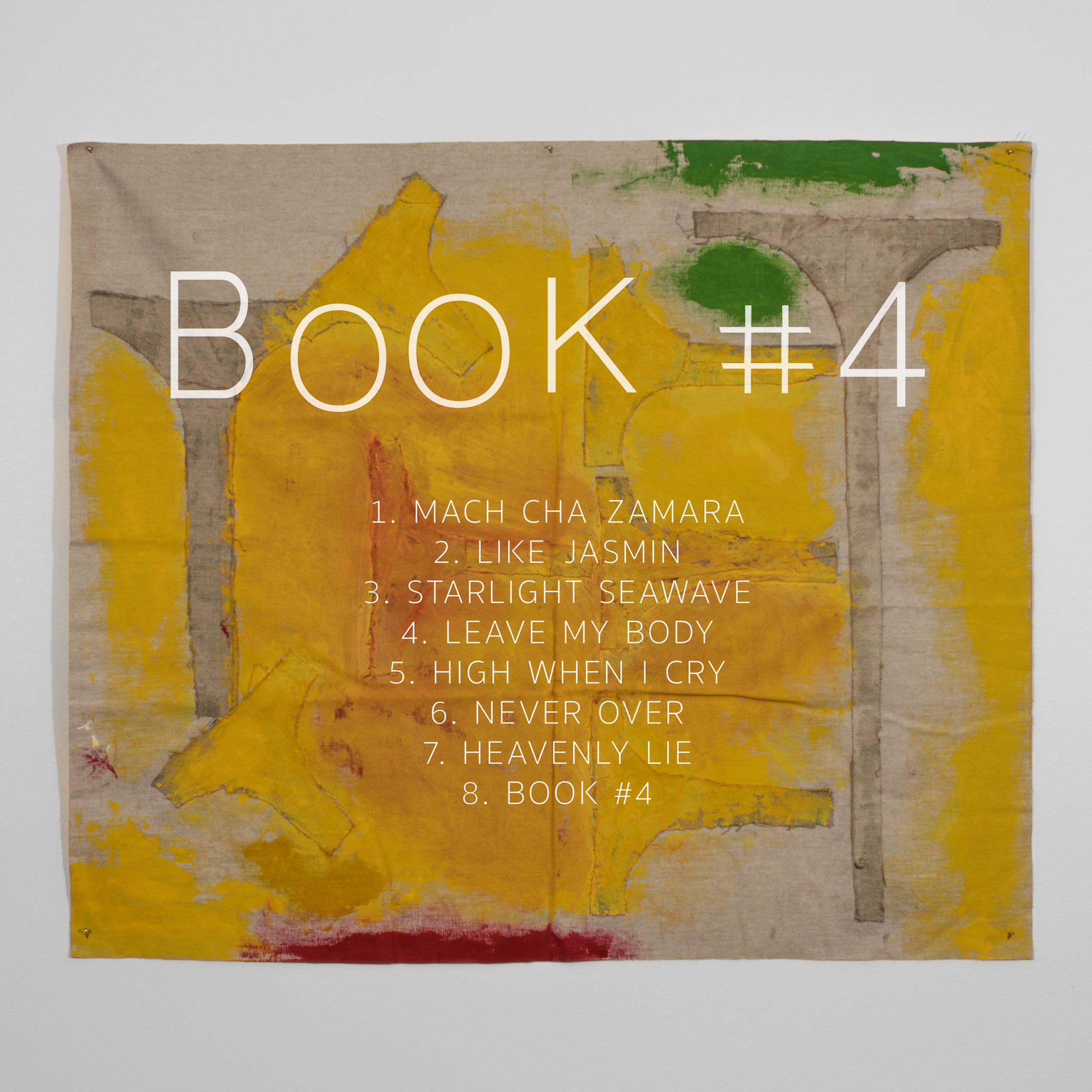
BOOK #4
—
Release on 21 November 2025
—
PoA Records



Some artists rush things, others take their time. Prince of Assyria, the pseudonym of Swedish-Iraqi composer Ninos Dankha, belongs to the latter category. In over ten years, he has released only three albums, each meticulously crafted, with a strong tone and dense atmosphere. With his fourth opus, BOOK #4, he proves once again that music does not need to follow trends to remain timeless.
The title is not insignificant: each Prince of Assyria album resembles a chapter in a larger narrative, and BOOK #4 appears to be his most sincere work to date. Its structure has its own discreet dramaturgy: the album opens with “Mach cha Zamara”, sung in Assyrian, anchoring the work in the artist’s cultural roots and giving voice to heritage, exile and a sense of belonging. It closes with the eponymous track “Book#4”, an instrumental groove where language fades away, leaving the listener suspended in sound. It is a journey from origin to liberation, from speech to pure atmosphere.
Before announcing the album’s release, Prince of Assyria shared the sparkling single “Starlight Seawave”, a track that captures both the nostalgia and contained energy of the album. With its underlying driving current and dreamlike surface, it is an ideal introduction to the world of BOOK #4. The follow-up single, “Like Jasmin”, reveals another facet: romantic and raw, tender but tinged with danger. Together, these two tracks prepare the listener for an album full of contrasts and paradoxes.
For those discovering Prince of Assyria, BOOK #4 is a striking introduction: an artist who moves slowly but surely, creating music that lingers in the memory long after the last note has faded.
Musically, the album navigates between alternative pop, indie rock and the hushed intimacy of singer-songwriters.
The atmosphere evokes Leonard Cohen, Nick Drake or Scott Walker, without ever falling into imitation. Prince of Assyria’s voice, a dark and resonant baritone, conveys both fragility and authority, oscillating between confession and myth.
“High When I Cry” perfectly illustrates this emotion: simple in its pop structure, the song becomes haunting in its vulnerability. The whispered choruses dissolve into explosions of feeling, creating a tension that is both intimate and raw.
The sound of the album reflects its collaborative spirit. Recorded in Stockholm in an atmosphere of trust and openness, it incorporates unexpected moments into its final takes. Around Ninos Dankha, trusted musicians add their touch: Nils Janson’s golden, smoky trumpet, Surjo Benigh’s solid bass, Moussa Fadera’s lively drums and Carl Von Shoenberg’s sharp guitar. The mixing by Ian Caple, collaborator with Tindersticks and Tricky, brings depth and warmth while respecting the space of the music.
Thematically, the album oscillates between light and shadow, hope and doubt. It explores melancholy without wallowing in it, capturing the fragile balance of existence: uncertain, searching, but capable of beauty. The images — sea, forest, fire, brass — give each song the scope of a cinematic scene.
At the end of the listening experience, what remains is not a simple refrain, but a feeling: that of having traversed a space that is both intimate and universal. From the Assyrian language to the pure instrumental sound, BOOK #4 invites the listener to follow Prince of Assyria on a deeply personal and subtly universal journey.